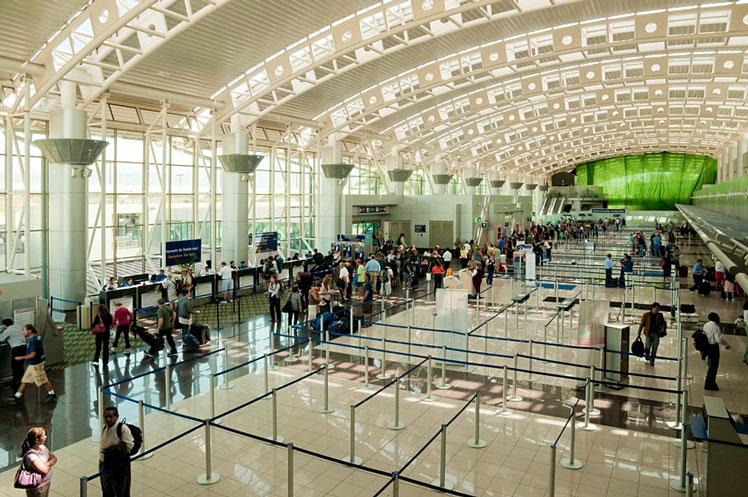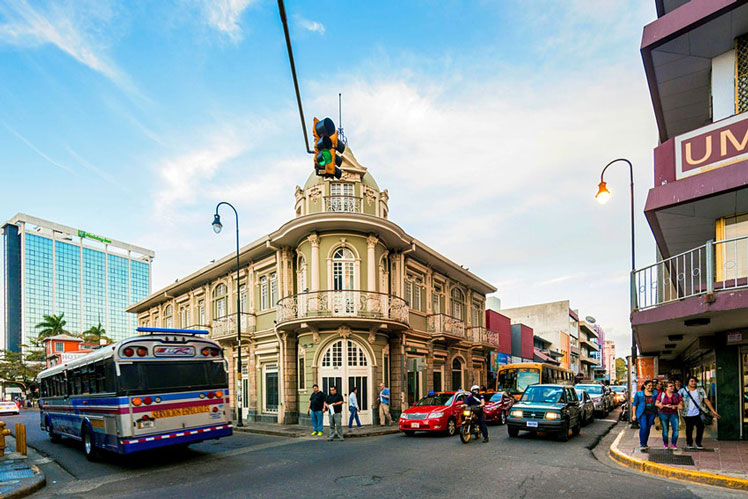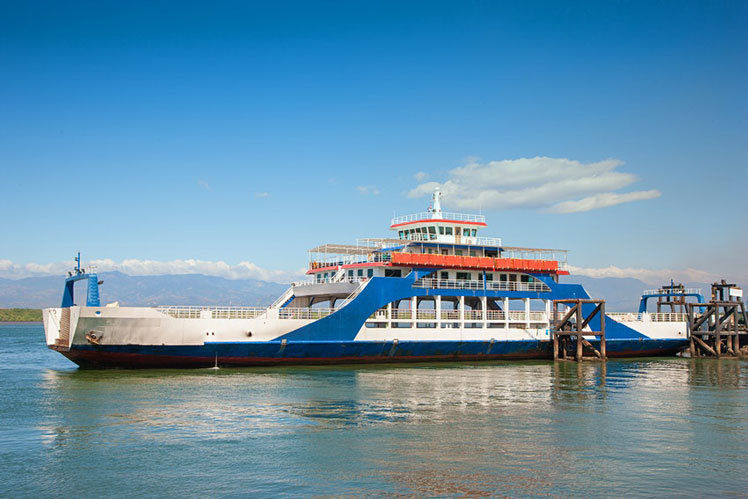
Visa requirements for Costa Rica
TripFalcon August 02, 2021
Last Update: 2021-08-02 11:54:23Entering Costa Rica is mostly free of hassle, with the exception of some long queues at the airport. The vast majority of travelers enter the country by plane, and most international flights arrive at Aeropuerto Internacional Juan Santamaría, just outside San José. That said, Liberia is a growing destination for international flight, too – it is in the Guanacaste province and serves travelers heading to the Península de Nicoya.
Overland border crossings are straightforward and, with the correct documentation, travelers can move freely between Panama to the south and Nicaragua to the north. Most nationalities do not need a visa for stays of up to 90 days. Check requirements at the Costa Rican embassy website. That said, some foreign nationals will require a visa, and you should be aware that you cannot get a visa at the border.
So how do you make sure you're prepared ahead of time with the right travel documents? Here's what you need to know about getting a visa for Costa Rica.

The Juan Santamaria International Airport in San Jose © Alamy Stock Photo
Who needs a tourist visa to enter Costa Rica?
Passport-carrying nationals from the following countries are allowed 90 days’ stay with no visa: Argentina, Australia, Brazil, Canada, Chile, Ireland, Israel, Japan, Mexico, New Zealand, Panama, South Africa, UAE, USA and most western European Union countries. However, you should have a valid passport valid for a minimum of a day beyond your date of arrival and a ticket to either your home country or another destination that indicates you will depart within 90 days.
There is another list of countries whose citizens can enter Costa Rica with no visa, but whose passport must be valid for at least three months beyond their arrival date, including several countries within the Caribbean, South America, Oceania, and Asia.
Nationalities required to obtain a visa to enter Costa Rica include a number of African and Middle Eastern countries, including Saudi Arabia, Kenya, Tanzania, and Sierra Leone, as well as a handful of South American countries, including Colombia, Ecuador, and the Dominican Republic.
To check if your country is on the list of those required to obtain a visa, check the Costa Rican embassy's website.

What type of visa you need depends on whether you're traveling for work or pleasure © Alamy Stock Photo
Provisional, student, work and extended visas
If you wish to stay in Costa Rica longer than 90 days, you must establish residency, or apply for a provisional or student visa. Students, volunteers, academics, and research specialists are amongst those who can can apply for a provisional visa, and it's best to let the institution or employer who is sponsoring you handle the details.
It is difficult for foreigners to find work in Costa Rica. The only foreigners legally employed in Costa Rica are those who work for their own businesses, possess skills not found in the country, or work for companies that have special agreements with the government. Getting a bona fide job necessitates obtaining a work permit, which can be a time-consuming and difficult process.

Points of entry to Costa Rica include sea ports, airports, and land borders ©Mlenny/Getty Images
The most likely source of paid employment is as an English teacher at one of the language institutes, or working in the hospitality industry in a hotel or resort. Naturalists or river guides may also be able to find work with private lodges or adventure-travel operators, though you shouldn’t expect to make more than survival wages.
Costa Rica offers a huge number of volunteer opportunities. Word of mouth is a powerful influence on future participants, so the majority of programs in Costa Rica are very conscientious about pleasing their volunteers. Almost all placements require a commitment of two weeks or more. Lonely Planet does not vouch for any organization that we do not work with directly, and we strongly recommend travelers always investigate a volunteer opportunity themselves to assess the standards and suitability of the project.

Costa Rica is popular with expats, but that doesn't mean you don't need to do your homework before arriving ©Jen Edney/Getty Images
Moving to Costa Rica full-time
Costa Rica is a popular destination for digital nomads and expats, but to truly settle down with a residence permit you have to jump through some hoops. To meet the visa requirements, you must submit to a background check, prove you have a certain level of regular, secured income, and submit a copy of your birth certificate in Spanish. You can learn more about the specifics on the Costa Rican embassy website.
Extending your stay beyond the authorized 30 or 90 days allotted to tourists is time-consuming; it’s often easier to leave the country for 72 hours via land and then re-enter. Extensions can be handled by migración offices. Requirements for extensions often change, so allow several working days to get them sorted.

